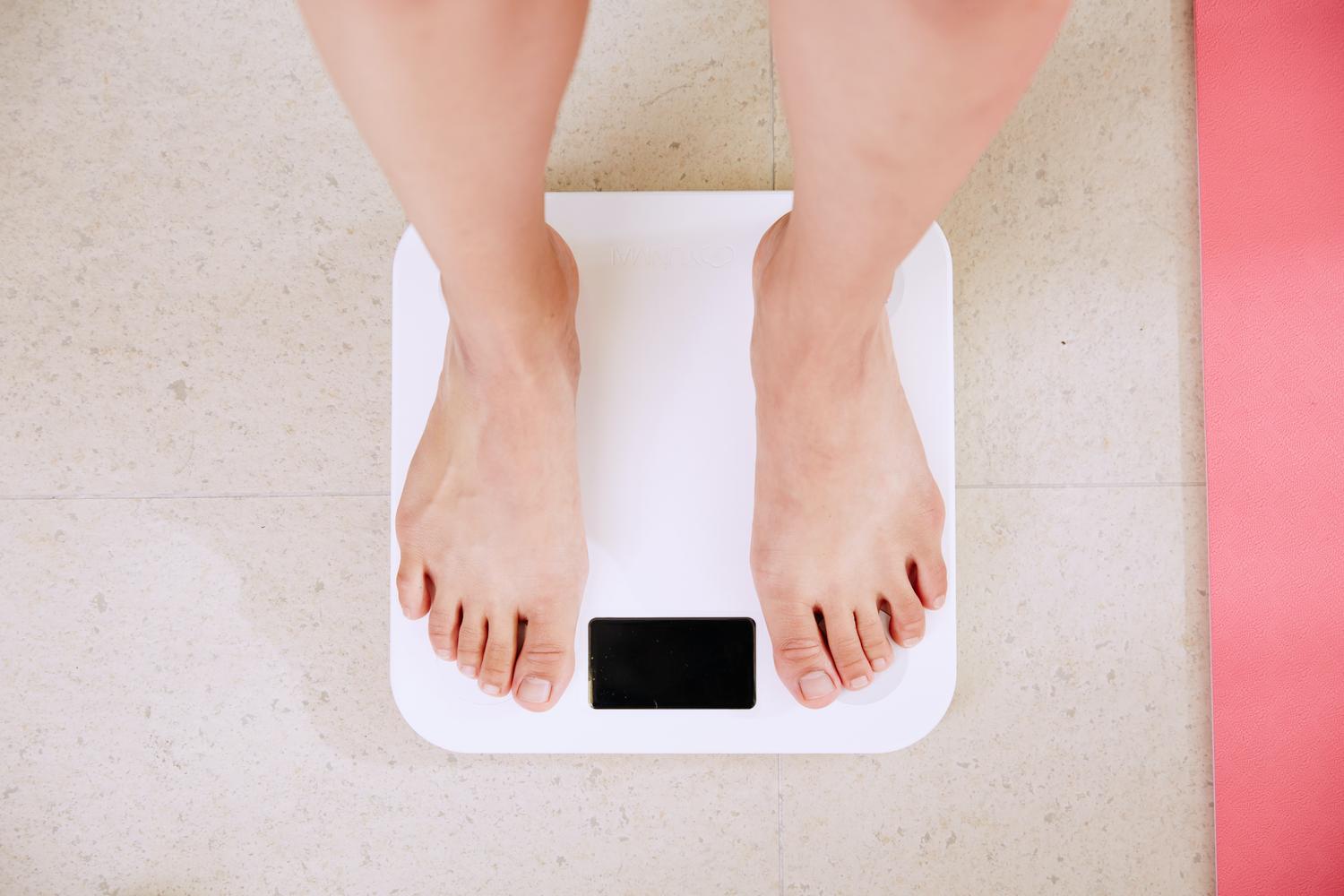How to Break Bad Habits in 2024: 7 Strategies for Success
7 healthy strategies to help break unhealthy habits
We hear it all the time at this point in the year: “New Year, new you.” As December rolls into January, nearly 40% of Americans make New Year’s resolutions to improve their lives and relationships. We start going to the gym, eating more vegetables, and trying to get off our phones before bed. These are all terrific habits, but you shouldn’t pressure yourself into becoming a whole new “you.” Instead, make your goals a little more manageable by focusing on becoming a “healthier you.”
The best way to do this is to start shedding some bad habits you’ve had a hard time breaking. Habits and routines are not necessarily bad, but certain behaviors can be harmful. Go into the New Year with these simple ways to help you break old habits affecting your health and wellness and start your journey toward becoming a healthier you.
1. Understand the habit formation cycle
A habit loop is a pattern that describes how habits are formed in the first place. It consists of three key components: a cue or trigger, a routine or behavior, and a reward. The cue is the initial signal that prompts the habit, the routine is the actual behavior or action that follows, and the reward is the positive outcome or satisfaction that reinforces the habit. Over time, as this loop repeats, habits become ingrained and automatic, shaping our daily lives and influencing our actions and decisions.
For instance, you may eat junk food to deal with stress: you come home from work, grab an unhealthy snack, and experience the dopamine rush the treat gives you after a long day. We often perform habits while on autopilot, not thinking too hard about whether or not this is a positive behavior.
Mindfulness about this cycle can help you make your behavior change. Knowing that you will revert to old habits when you’re not paying attention helps draw attention to the decision-making cycle.
2. Identify (and avoid) triggers
Triggers are the little subconscious urges that prompt you to engage in a behavior or habit. For example, you might feel the urge to drink alcohol when you go to a bar with your friends. This can put you in a compromising position if you are trying to cut back—or quit—drinking. Identifying these triggers can help you improve your self-control. Using the example above, try suggesting alternative meeting places to avoid exposing yourself to an urge trigger.
Note if certain times of the day, locations, people, or behavior patterns lead to urges. Once you identify these triggers, you can take steps to avoid or limit your exposure to them.
3. Replace a bad habit with a good habit
Replacing a bad habit with a healthy one can help when those urges arise. If you grab a cookie or handful of candy at work when you’re hungry, consider chewing gum or snacking on a handful of grapes instead. Similarly, if a slow weekend day gives you the urge to drink alcohol, use exercise to replace the urge to imbibe. When you feel like drinking, go for a long walk.
After a few weeks, the positive effects of these healthy habits will replace the dopamine rush of that sweet treat or sip of alcohol. You may find that you lose weight, have more energy, or sleep better at night. Eventually, you might lose the urge to engage in the original bad habit altogether.
4. Take small steps
You can’t expect yourself to break a bad habit by going “cold turkey.” Being too rigid or ambitious in your new behavior goals can lead to negative self-talk.
For example, if you want to reduce the hours you spend scrolling through social media, cut this time in increments. Don’t expect yourself to never go on social media again at the drop of a hat. Instead, make a realistic goal: cutting social media use by five minutes daily within the first week of practicing the new behavior. In week two, you can increase this restriction to ten minutes. You’re setting attainable goals for yourself that don’t require a radical pattern change immediately. These gradual improvements can help your new habit feel more achievable and sustainable.
It’s important to note that some habits are best when broken abruptly. The cold turkey method has led to more sustained success for individuals quitting smoking. If you are trying to quit smoking or abusing another substance, talk to a healthcare provider about the best method to stop for your overall well-being.
5. Find the reason for change
Research showsthat we are more able to sustain a lifestyle change – like breaking a bad habit – if we determine the habit change will be beneficial to us. We can use these perceived benefits to get specific about why we want to break the habit we’re trying to break. Get clarity about why you are trying to break a given bad habit. Is smoking affecting your ability to play with your kids? Does excess weight make it uncomfortable to fly on planes, meaning that you don’t travel as much as you’d like?
Determine the positive outcomes that can happen when you break a bad habit. Write these down and use them to motivate yourself next time you feel an urge. Instead of shaming yourself or beating yourself about feeling the urge, remind yourself of the benefits you reap by sticking to your healthier lifestyle. This can help you stay on track as you adjust your behaviors and get back on track when you slip up.
6. Get some support
You don’t have to stop a bad habit on your own. If you have a friend struggling with the same issue, try breaking the unhealthy habit together. You can cheer each other on and support each other through the tough times as you try to make a significant lifestyle shift.
Even if you don’t have someone trying to accomplish the same goal, reach out to people around you to get support for your lifestyle change. You can rely on your family and friends for encouragement and gentle reminders if they notice you struggle to stick to your goals.
Additionally, consider getting help from a mental health care provider for further support. A behavioral counselor or psychiatrist will work with you to identify triggers and coping mechanisms you use while providing techniques to help deal with urges. If you’re not sure where to look for help, book a video mental health care consult on Sesame to discuss your goals with a licensed mental health care provider.
7. Stick with it
Breaking bad habits is an ongoing process. You may experience slip-ups, cravings, and other setbacks on the way to a healthier you. Don’t get frustrated when you fall into an old negative behavior pattern. These lifestyle changes don’t happen all at once or occur linearly. Stay patient with yourself through the tough times and remind yourself of the benefits you detailed when you asked “why” you wanted to make these changes.
It also helps to reward yourself for your successes. Give yourself a healthy treat for landmarks. For example, you could book a spa session after two consecutive weeks of not smoking a cigarette. These motivators keep you feeling positive and confident and encourage the process of breaking habits rather than the outcome.
Bad habits are hard to break. Stay patient and embrace the small changes you’re taking toward a healthy lifestyle. Embrace the challenge; soon enough, your new habits will feel as natural as your old ones.









